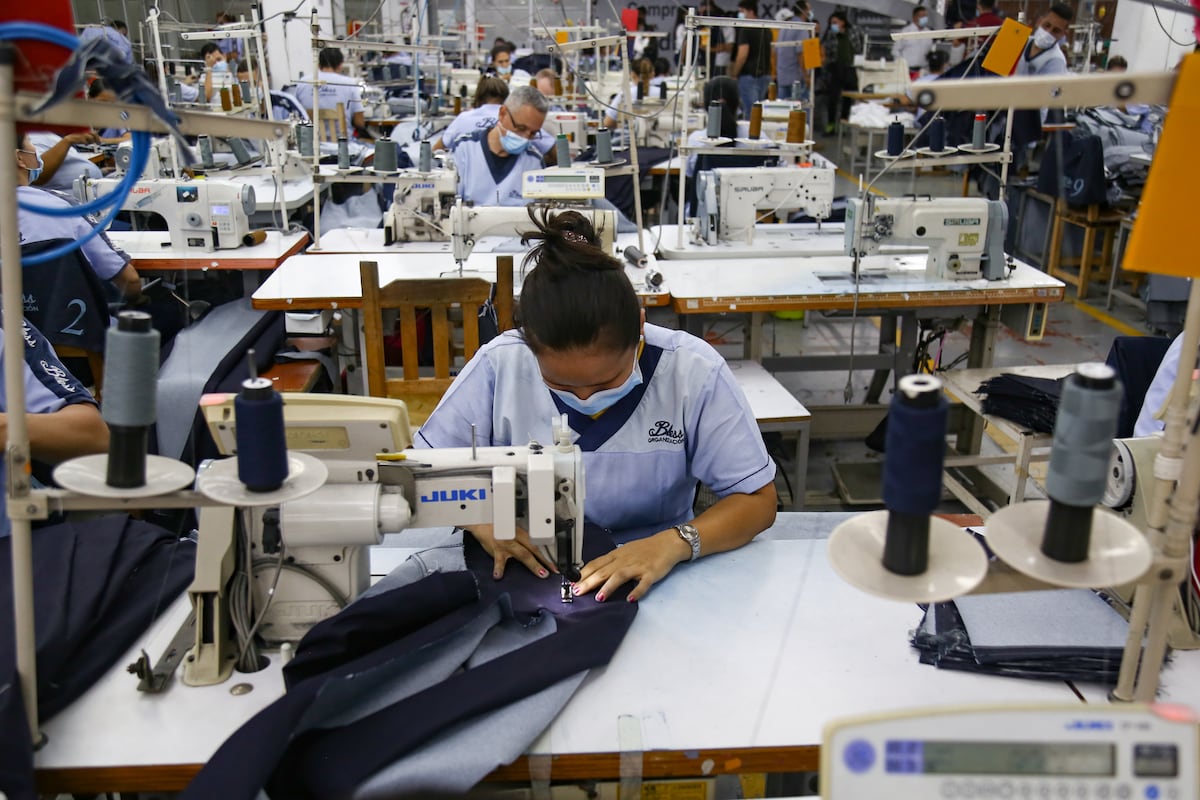
"An old conflict has flared between yarn producers and clothing manufacturers in Colombia. The government of Gustavo Petro will eliminate a 10% tariff on raw materials to benefit those who turn them into apparel. If Colombian garment manufacturers can reduce financial, energy, and input costs, they could become one of Colombia's major exporters, the president said a few weeks ago."
"Clothing makers, concerned about growing competition from foreign retailers like Shein and Temu, have welcomed the decision: for years, they have pointed out that they must import 95% of their materials due to the crisis among local yarn producers. Raw material producers, on the other hand, are desperate. To them, the government's imminent decree represents a definitive blow. Petro's announcement came in response to an urgent appeal made on October 11 by Guillermo Criado, president of the Colombian Garment Chamber."
"Petro's announcement came in response to an urgent appeal made on October 11 by Guillermo Criado, president of the Colombian Garment Chamber. The government faces a crucial decision for reindustrialization: favor 142,000 small businesses that account for 99% of employment in the fashion sector, or protect two [yarn production] companies? he argued. According to Criado, removing the tariff is an urgent decision to lower costs and compete with Chinese companies Shein, Temu, and AliExpress."
"Yarn workers' unions responded that the measure will wipe out the six remaining national factories Colombia once had more than 30 and cost 8,000 jobs. "It's a death sentence," said Sintratextil in a statement supported by the United Workers' Union (CUT). According to the organization, yarn accounts for just 1% of the cost of a garment, and removing the tariff will not solve the structural problems plaguing clothing manufacturers: smuggling, tax "
The government of Gustavo Petro will remove a 10% tariff on raw materials to benefit apparel manufacturers and lower production costs. The policy aims to help garment makers compete with fast-fashion platforms such as Shein, Temu, and AliExpress. Colombian clothing firms currently import about 95% of their materials due to a crisis among local yarn producers. Yarn producers warn the change will wipe out the remaining national factories and cost roughly 8,000 jobs. Industry leaders emphasize support for 142,000 small fashion businesses that account for 99% of sector employment. Unions contend yarn is only 1% of garment cost and that structural issues like smuggling and tax problems remain unaddressed.
Read at english.elpais.com
Unable to calculate read time
Collection
[
|
...
]